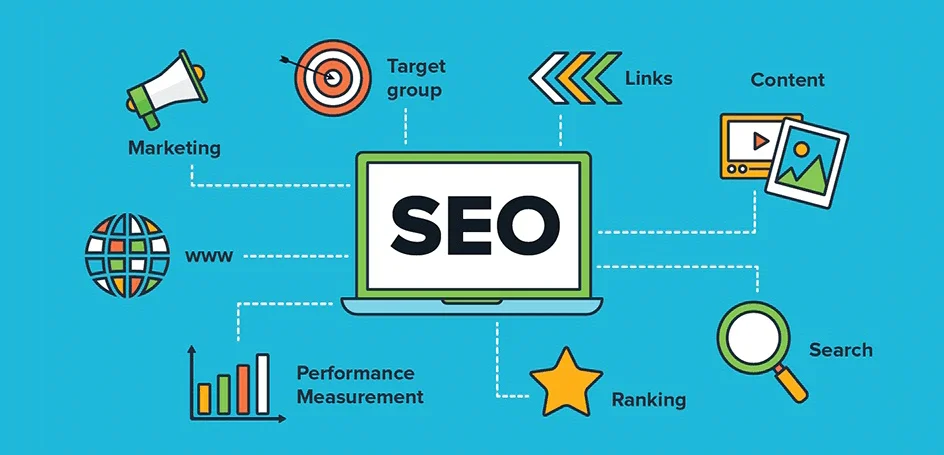
SEO stands for Search Engine Optimization. It is the process of optimizing a website’s technical configuration, content relevance, and link popularity so that its pages are easily found, are more relevant, and are more popular to user search queries, so search engines rank them higher.
The main difference between SEO and paid advertising is that SEO involves “organic” ranking, which means the space is free. In simplest terms, search engine optimization means taking a piece of online content and optimizing it so search engines, like Google, display it at the top of the page when someone searches for it.
The search engines recommend SEO’s efforts that enhance both the user search experience and the page’s ranking by featuring content that meets users’ needs. SEO best practices include using relevant keywords in titles, meta descriptions, and headlines (H1), providing descriptive URLs instead of string-based numbers, and using schema markup to specify the content context of a page.
How do search engines work?
Whenever a user enters a search query, the engines will provide results. They do this by scanning and analyzing the vast network of websites that make up the web. They run a sophisticated algorithm for each search query to determine what results to display.
Search Engine Crawlers
The major search engines, such as Google, Bing, and Yahoo, use crawlers to find the pages for their algorithmic searches. It is unnecessary to submit pages linked from other search engine indexed pages since they are found automatically.
There are many factors that search engine crawlers consider when crawling a site. For example, search engines may not index all pages. When we crawl a page, its distance from the root directory may also be a factor.
Core Elements of SEO:
In terms of broader search engine optimization, there are two equally essential paths: on-page SEO and off-page SEO.
On-Page SEO
On-page SEO depends heavily on content creation. Keywords need to be incorporated into your pages and content, high-quality content should be posted regularly, and your metatags and titles should be keyword-rich and well-written, among other things.
Off-Page SEO
This optimization occurs off your website, such as earning backlinks. As part of the equation, you want to build relationships and create content people want to share. Although it takes a lot of effort, SEO success depends on it.

[…] to user search queries. The more they relevant they are,the more search engines rank them higher. SEO in Digital marketing is considerd as a backbone of digital marketing. There are three types of […]